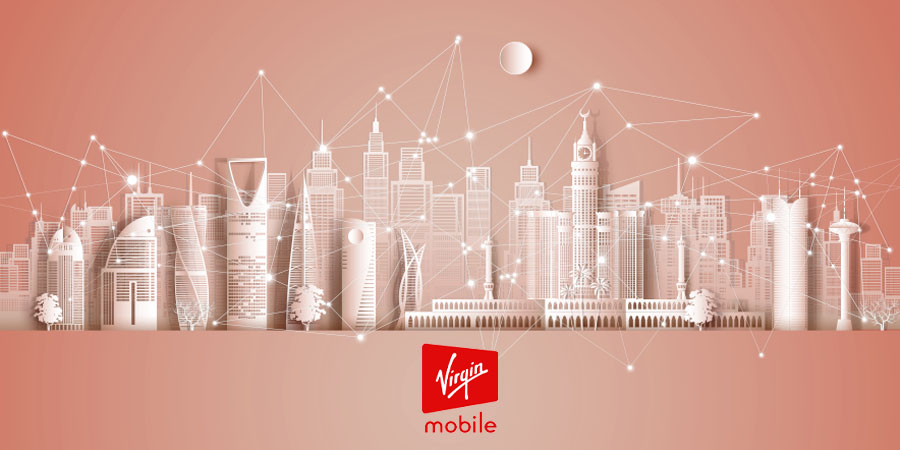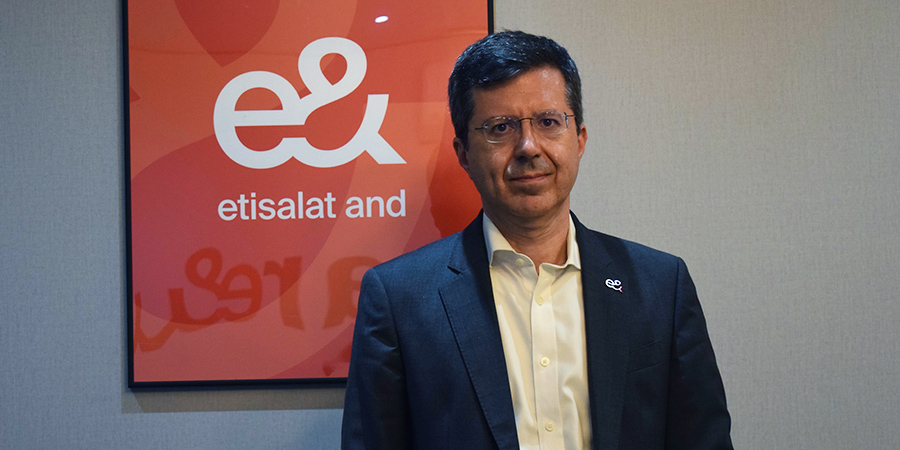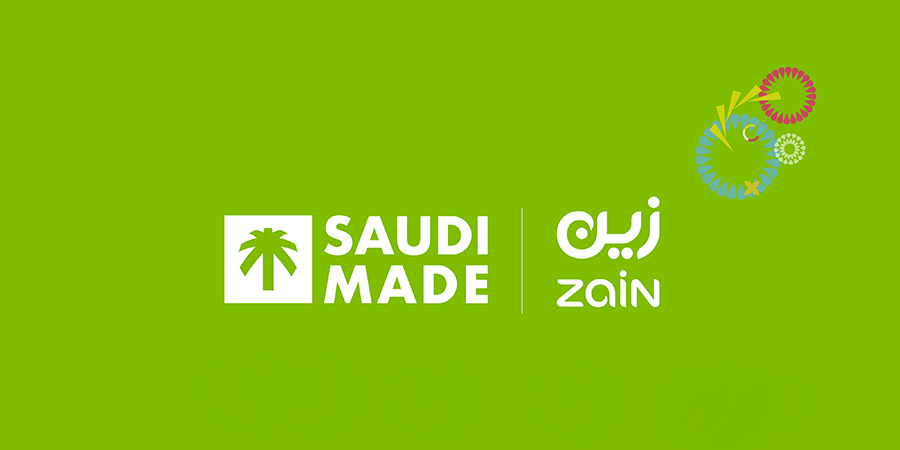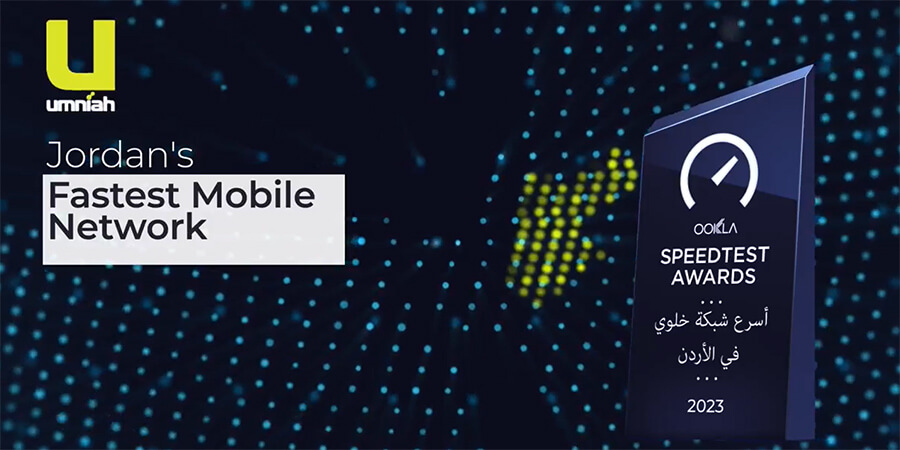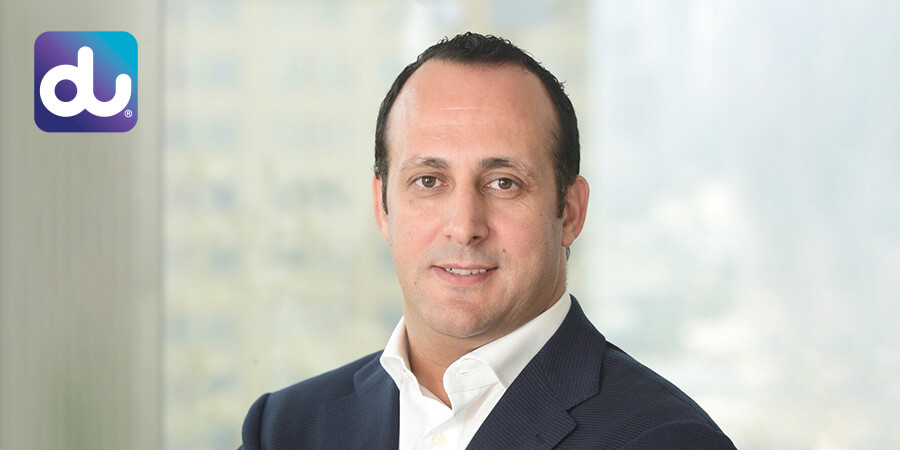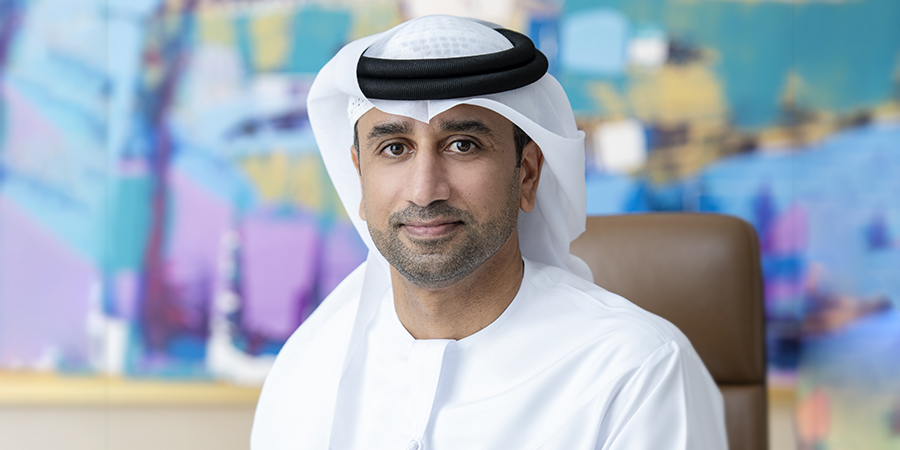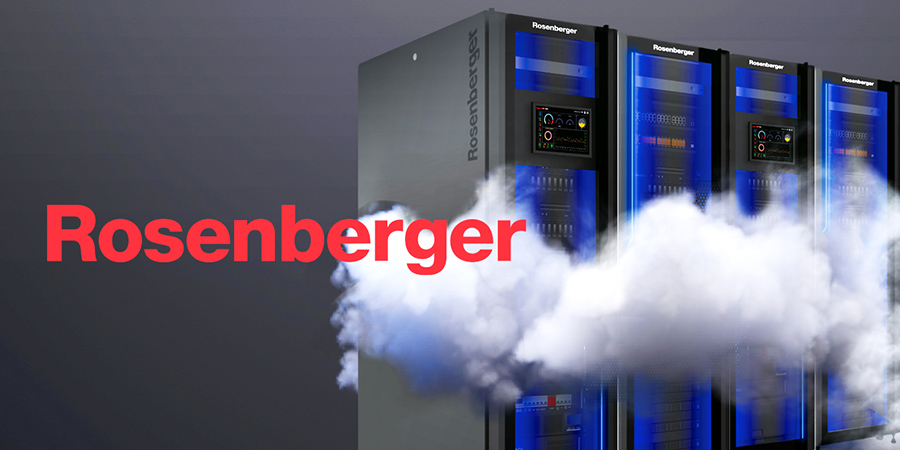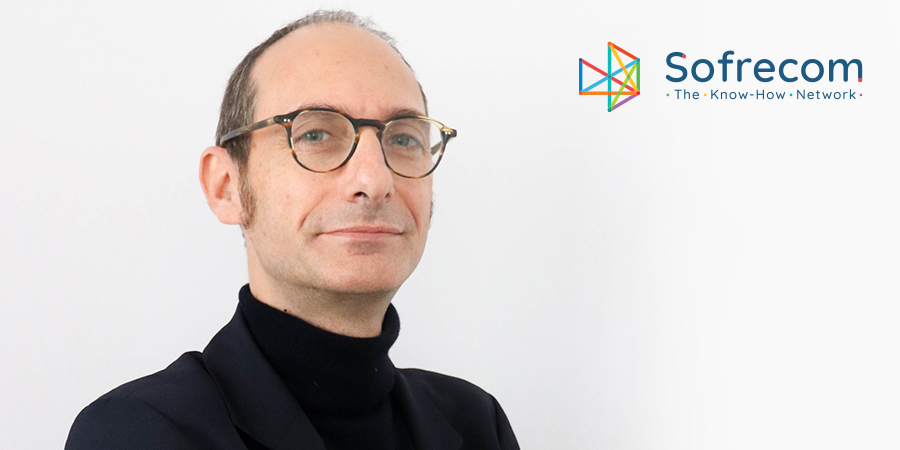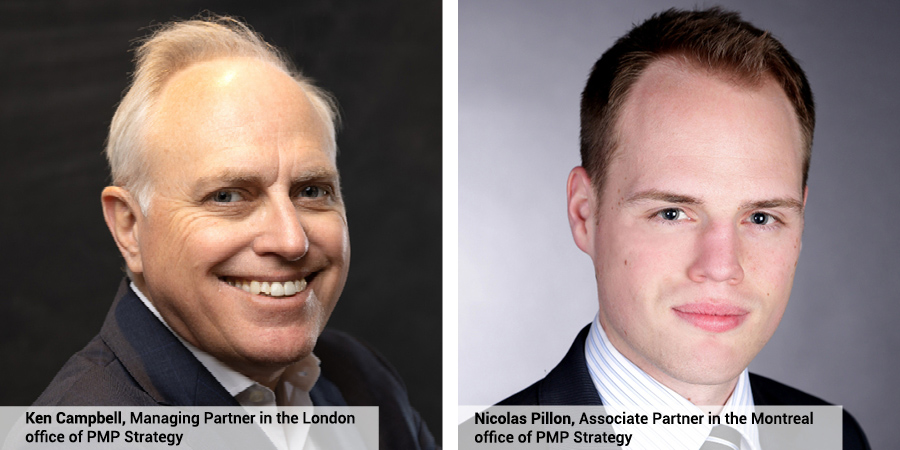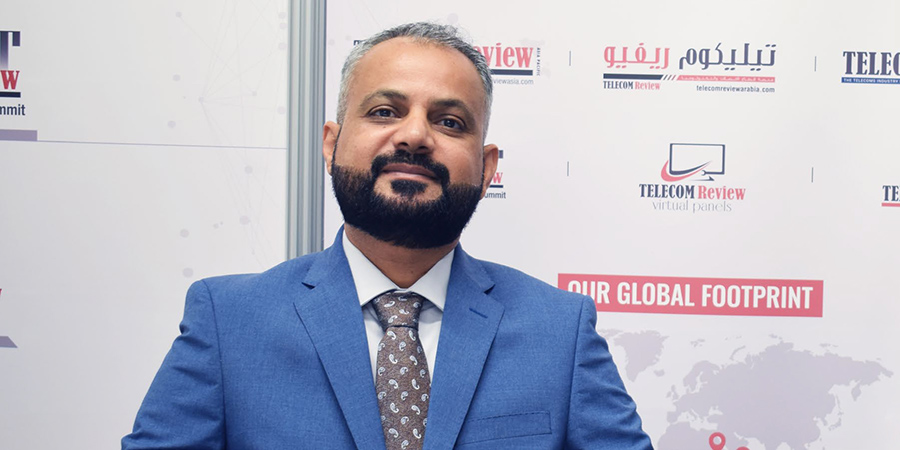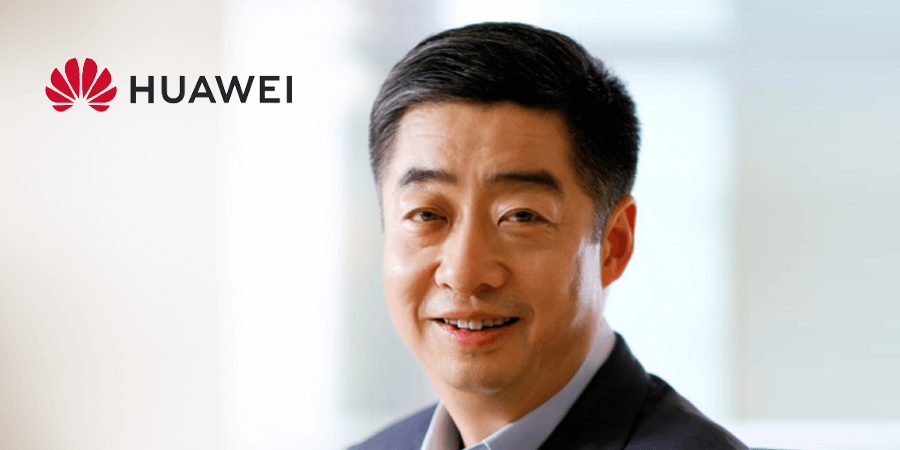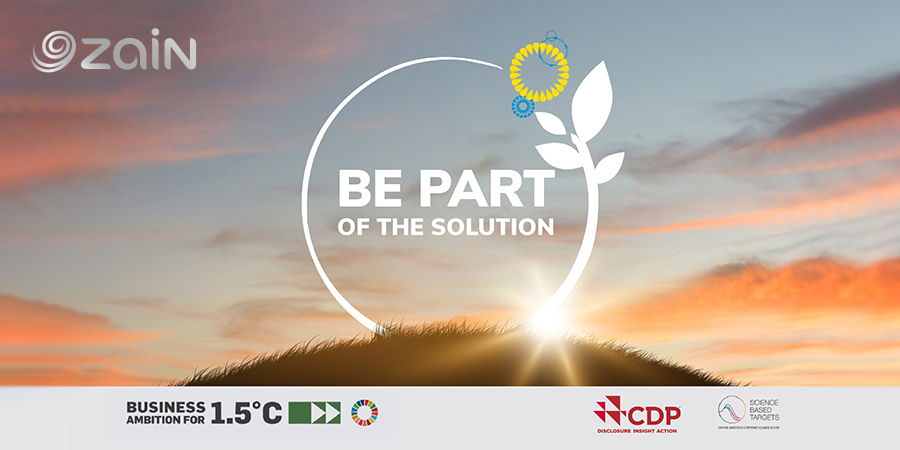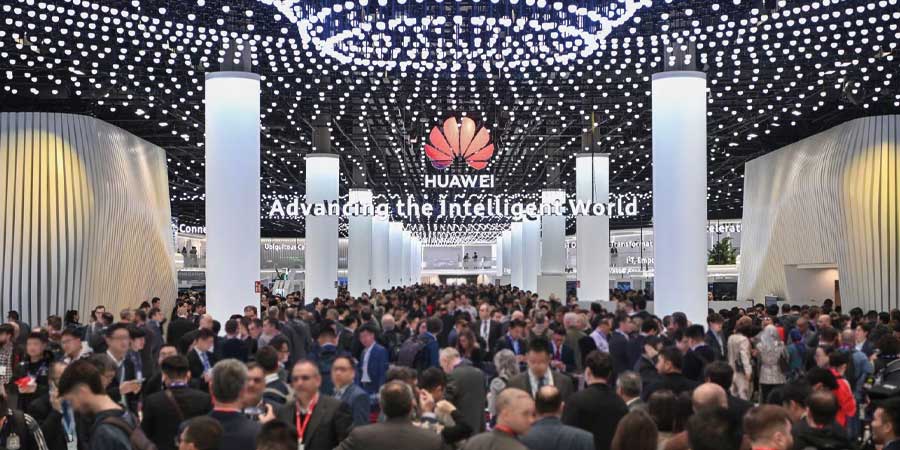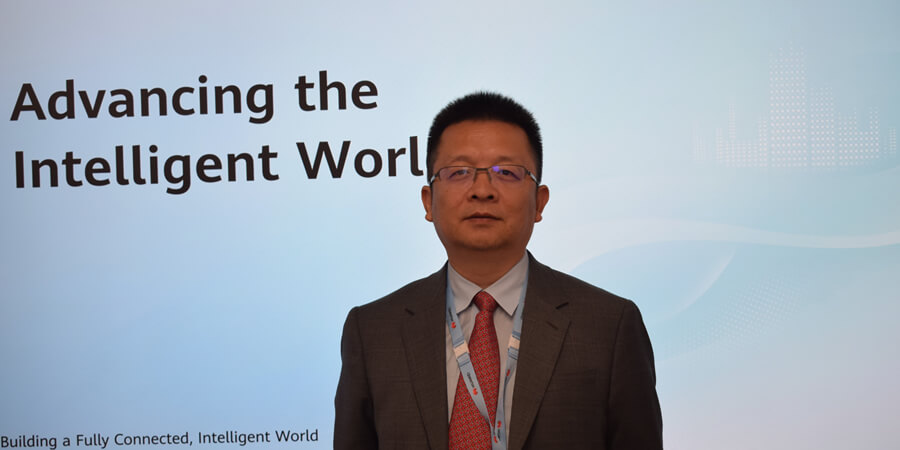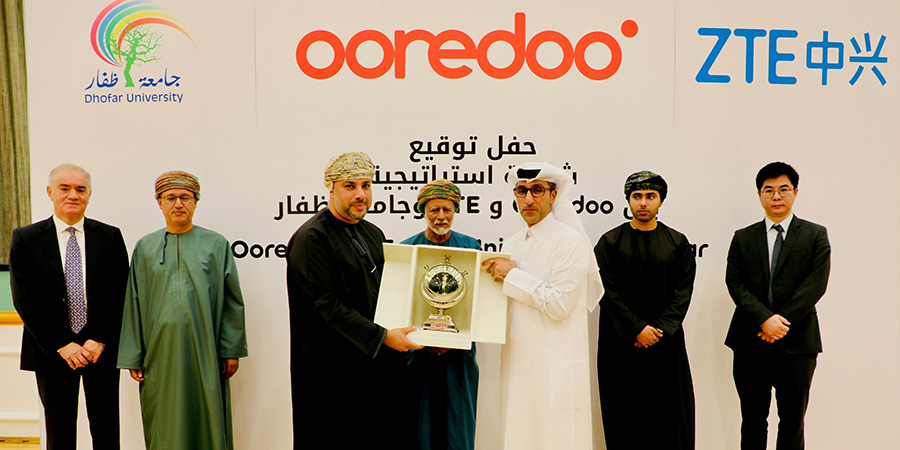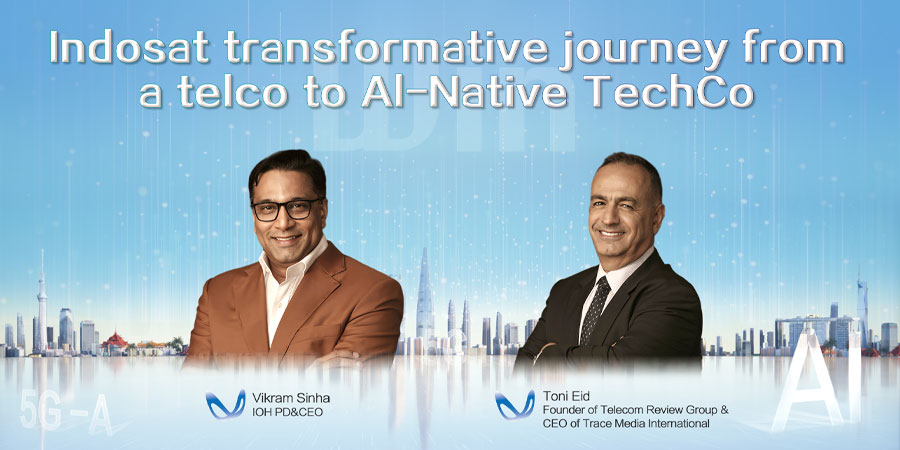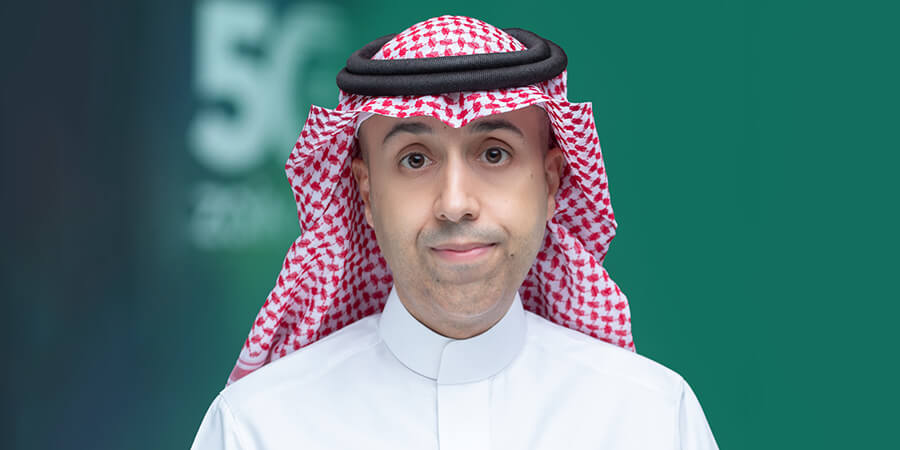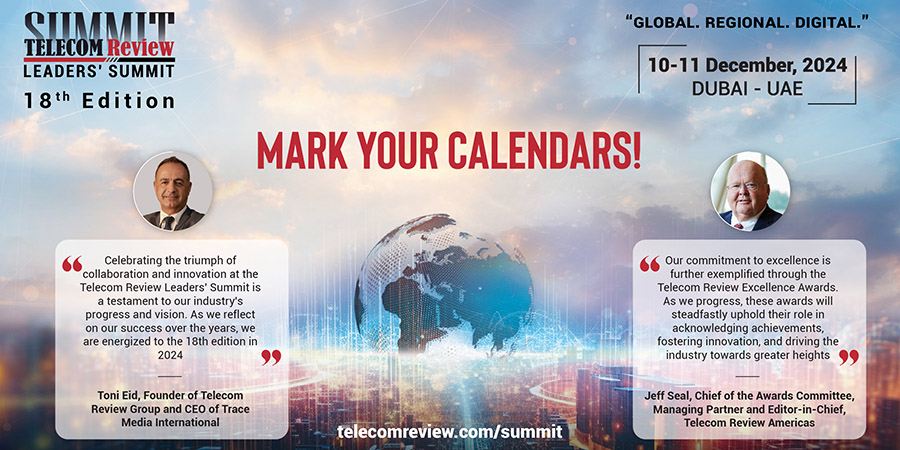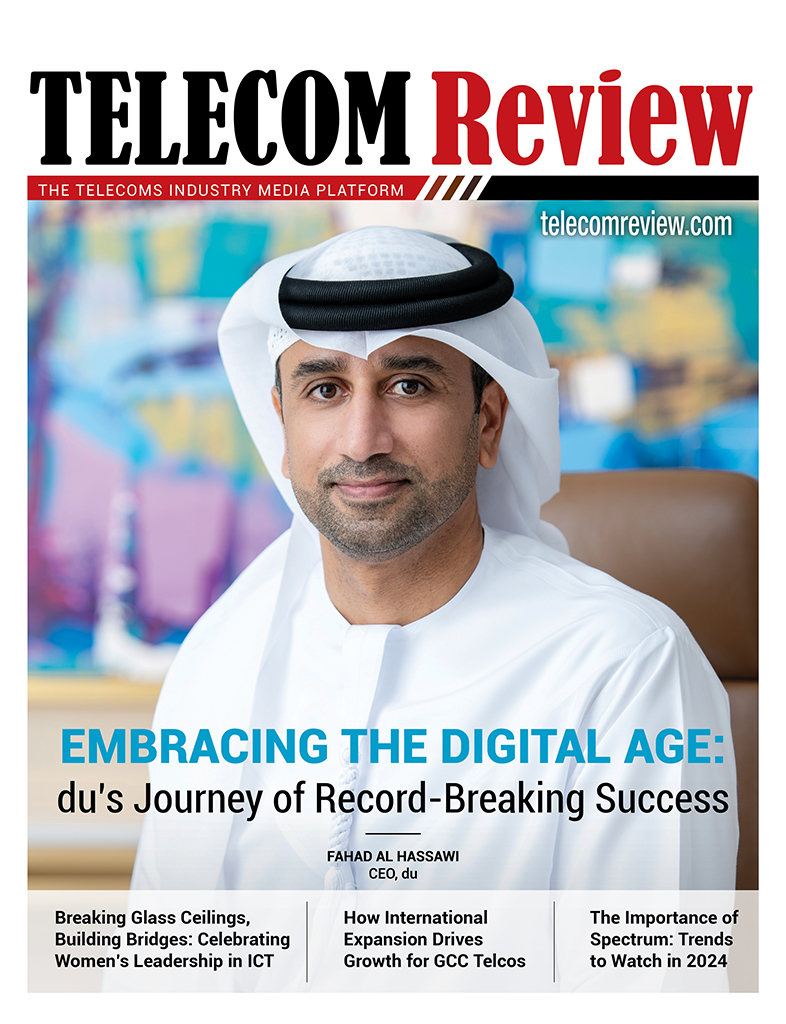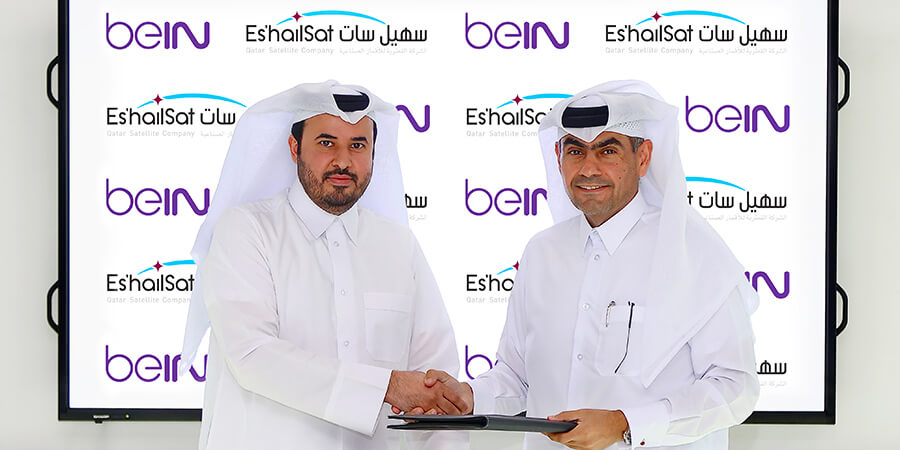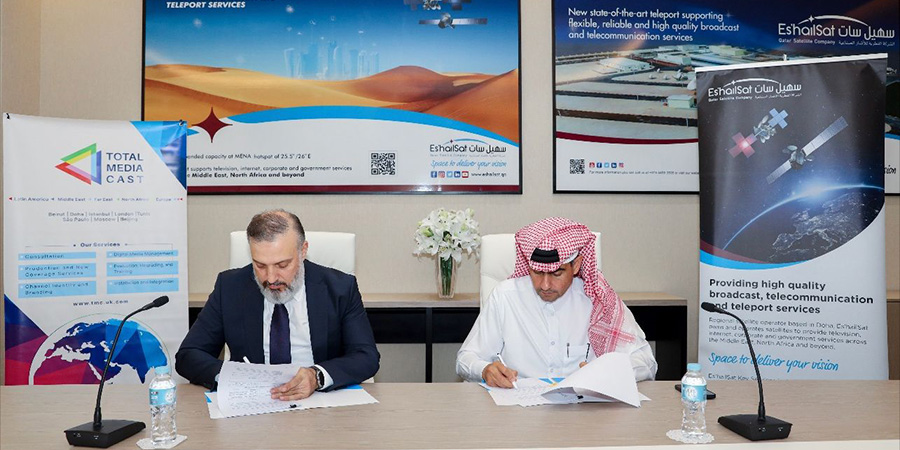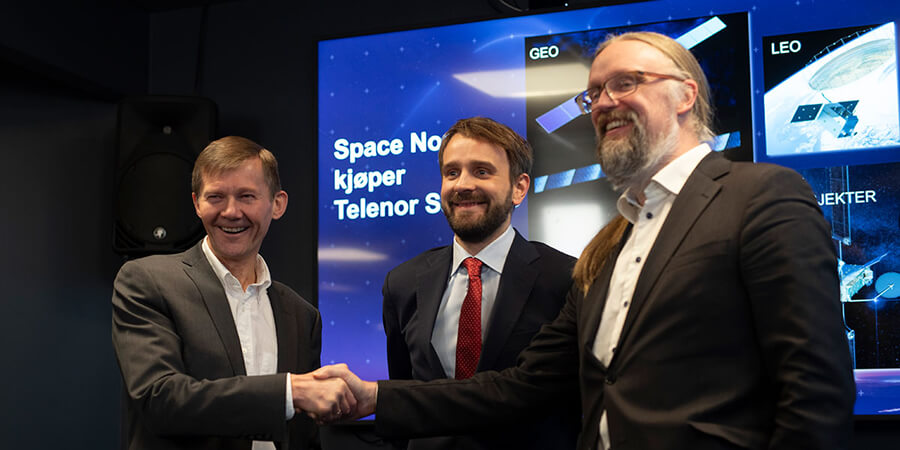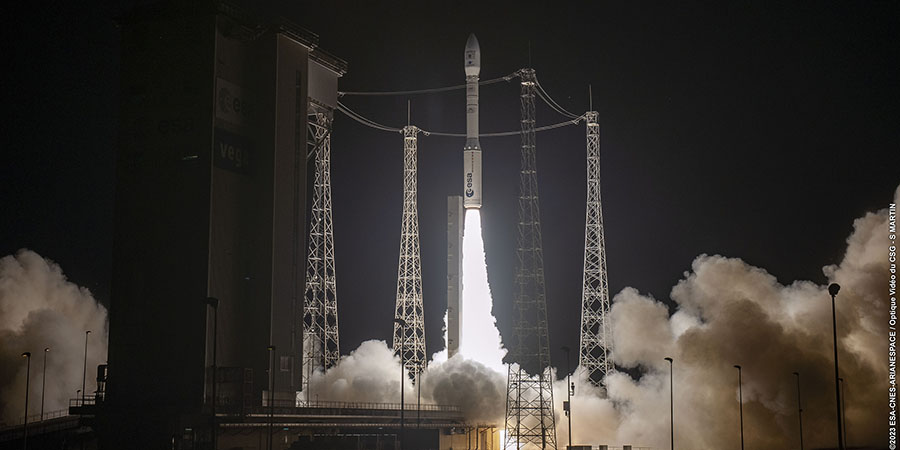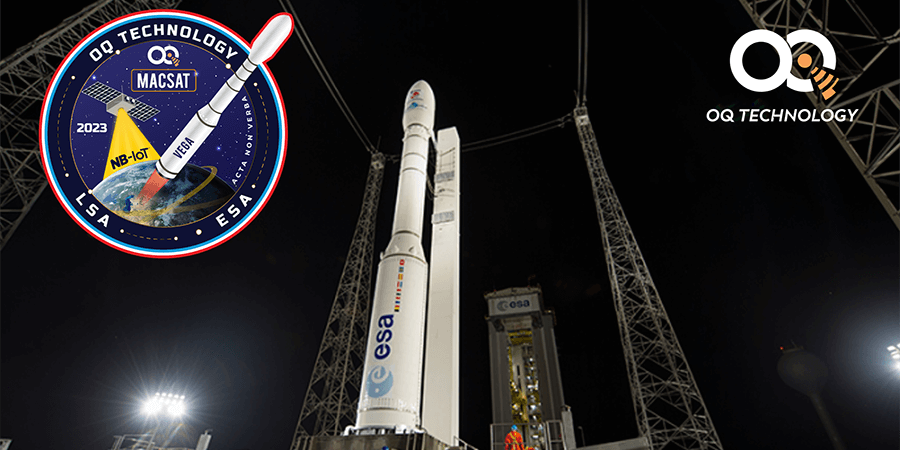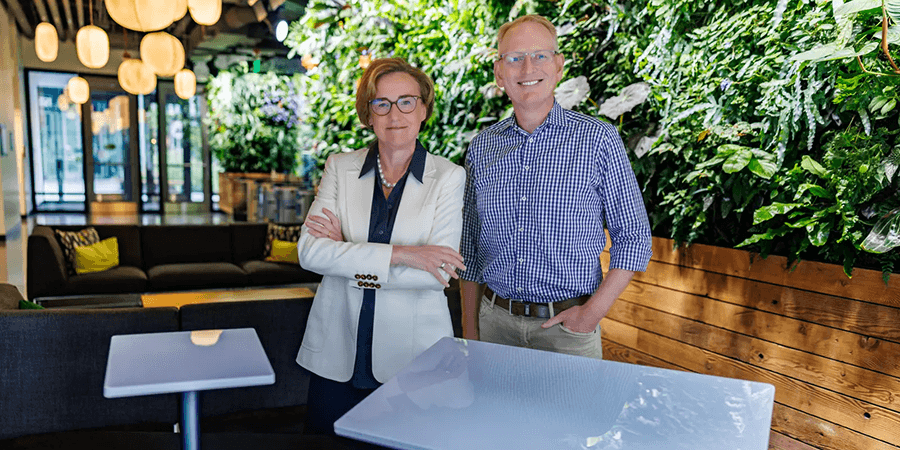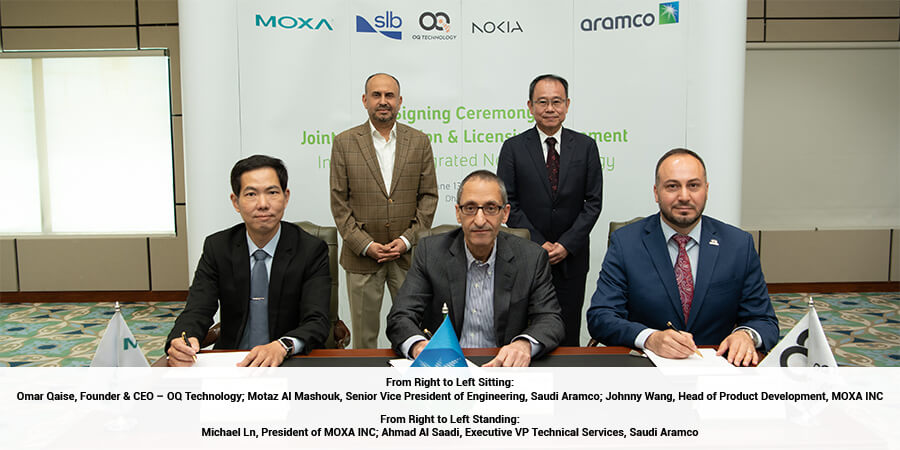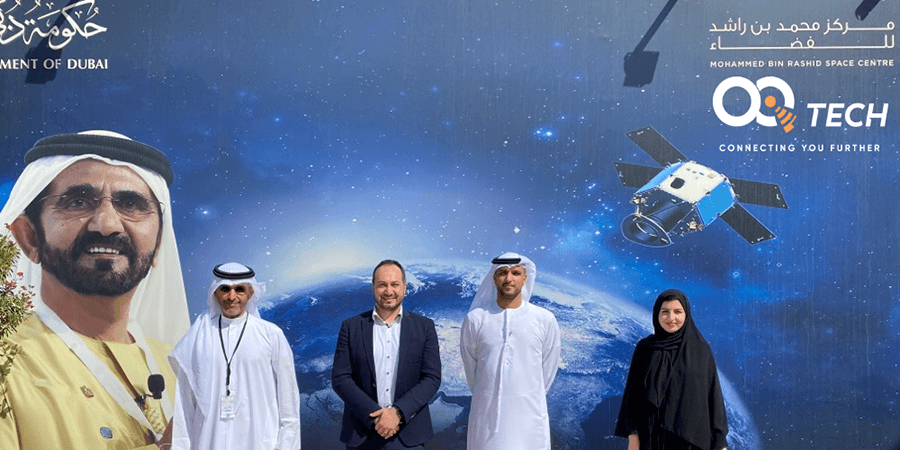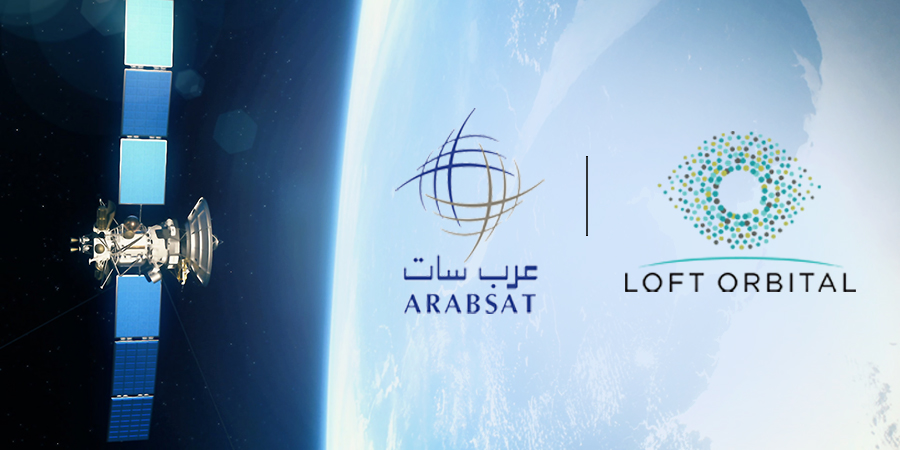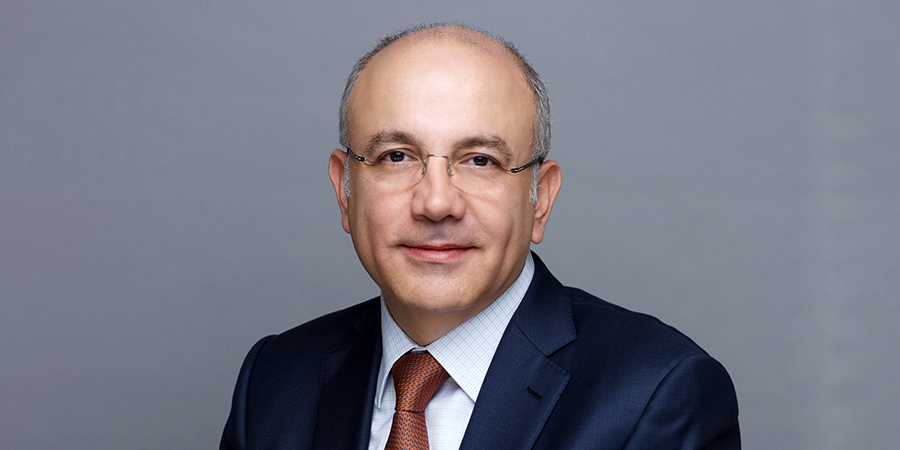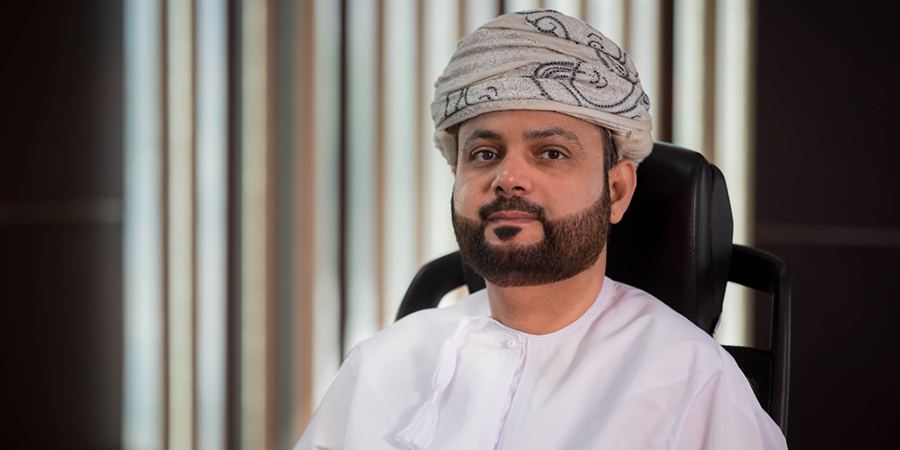By Orlaith Finn
Omantel – the first and leading provider of integrated telecommunication services in the Sultanate of Oman – is gaining recognition for its fast-paced transformation from a regional wholesale hub to a global provider. It has significantly invested in technology, networks, and subsea cable deployments to transform its ecosystem. Recently, Omantel has rolled out its commercial 5G network after 2-3 years of active preparations. A third mobile operator is expected to enter the market soon, Omantel expressed their belief that competition strengths the market and aligns with their mission to provide the best service to their customers as they strive to lead the way into the digital future. In an exclusive interview, Telecom Review spoke with Omantel’s CEO Talal Said Al Mamari, where he highlights the efforts undertaken to position the Sultanate as a global technology hub of the future.
The last quarter, Omantel enjoyed a net profit increase of 21% compared to Q3 in 2018. Are these figures evidence of a successful investment strategy?
Omantel Group has achieved an increase in net profit by 21% compared to Q3 2018, which is mainly due to remarkable performance by the Zain Group. Omantel domestic performance has been impacted adversely, as the local market, especially mobile market, is increasingly getting saturated. We are witnessing a decline in mobile telecom market revenues due to the overall economic situation. However, the underlying investment strategy to acquire 22% stake in Zain group helped us to showcase a good performance for the Omantel Group. Zain’s performance in Saudi Arabia and Iraq markets was the key contributor of Zain success. Therefore, this investment has also resulted in boosting the overall performance of Omantel Group.
A third operator has been given a license and will enter the Omani market in 2020. Do you think there is space for this in an already saturated market?
First of all, we welcome the third mobile operator into the market. As we have seen previously with the arrival of second mobile operator in 2005, competition has helped to move the sector forward and create new opportunities for all players in the market. The arrival of a new competitor urges us to further improve the service and value propositions of our customers. This is something we have always been doing successfully over the past years, especially with the implementation of our “Omantel 3.0 strategy”. Nevertheless, the conditions today are slightly different in comparison with how they were during the arrival of second mobile operator. Today, the mobile market is already highly penetrated, with every person in Oman on average having close to 1.5 SIM cards. The market is already highly competitive with five active players. This includes the mobile resellers: Renna, Red Bull Mobile and Friendi. Over the past year, we have seen a decline in the overall mobile market revenues across all players in the market, mainly due to a reduction in voice. This is only marginally compensated by growth in data revenues. Another factor we need to be aware of is that customer behavior is drastically changing. This is driven by the growth of OTT (Over-The-Top) applications like WhatsApp, Instagram, Twitter and Facebook, all of which have become the main method of communication. Furthermore, population growth is stagnating, especially in the expat segment. This further limits the potential for revenue growth. In a market environment like this, the entry of a new competitor will inevitably lead to further pressure on mobile revenues, and potentially the profitability of the sector as a whole.
In your opinion, what sets Omantel apart from its increasing number of competitors?
We continue to invest in new technologies, partnerships and systems so that we continuously commit to providing customers with value-added services. We have significantly invested in technology, networks, and subsea cable deployments to transform its ecosystem. In addition, Omantel has created new collaborations to, directly and indirectly; serve millions of customers as well as some of the largest enterprises, content providers and carriers in the world.
Today, we have an unparalleled portfolio of technologies and services that aim to encourage digital interaction. We are primary solution providers to both the enterprise and government segments in the country, allowing companies to focus on their core domains and rely on trustworthy communication and digital solutions provided by us.
How does Omantel plan to move forward with its commercial 5G network in Oman?
We have launched our commercial 5G network recently after 2-3 years of active preparations, which included detailed technology-introduction trials and shared results with global technology leaders. As per Omantel’s roadmap for 5G network rollout that has been approved by Telecom Regulatory Authority (TRA), we plan to target 2,226 locations by 2024 based on the evolution of technology and market needs for industrial and commercial usages. At speeds of multiple Gbps and ultra- low latency, 5G technology will pave the way for a thriving digital society, with huge potential to massively develop smart cities, campus networks, Internet of Things, remote industrial automation, entertainment and many more. It is certain that 5G will be an essential and integral part of our network in the future, and it will also change the way we design, operate, sell and live.
In what other way is Omantel driving digital transformation?
Digital transformation is topping our agenda. The digitalization of our customer interaction is a prime element of this transformation. Through our revamped app and website, we are able to serve customers much more efficiently, and provide tailor-made value propositions that were not possible in a traditional environment. However, what the customer sees does not tell the full story. Behind the scenes, we are continuously transforming our systems and digitizing our data and processes, so that we can automate tasks and improve efficiencies. On top of that, we are delivering an area of new solutions, leveraging big data and personalizing offers and services to both retail and enterprise customers. In addition, thanks to our wholesale strategy and the investment in over 20 subsea cables, Omantel has become a key player in attracting content providers to the region in Oman. This facilitates digital services and solutions in the GCC and beyond.
Can you outline the role Omantel is going to play in facilitating Vision 2040 and other plans laid out by the Omani government?
Omantel is a key enabler of supporting the government entities in executing their visions for the country. As the leading telecom provider, we do not only have a role to play in enhancing the countries’ communication infrastructure but also to introduce and deliver new and innovative ICT solutions to the market. We work closely with government entities in order to understand their needs and to provide turn-key solutions for the major development projects that will support the country in achieving Vision 2040.
Oman has the potential to be a tech hub in the Middle East. How is Omantel helping new enterprises and tech companies to establish themselves here?
Omantel has been continuously investing in various elements of its network, nationally and internationally, to provide an end-to-end technology ecosystem. We are investing in submarine cable systems, data centers, IoT systems and more. We have also partnered with Equinix to build the first world-class, international carrier-neutral data centre in Oman. All of this demonstrates our work towards providing the right solution, offering full-stack services, and optimizing our IT environment. This includes the rise of cloud-computing, connectivity and application-hosting in order to cater for their IT, telecom and back-office operational needs. Through our various ICT offerings, partnerships and established joint-ventures, we provide the perfect environment for enterprises to establish themselves in the Sultanate.
Omantel has formed many partnerships in 2019, including Microsoft, BPS and then also with Dell Technologies. Why are partnerships important and how are they benefitting the customer?
Omantel continues to strategically partner with various vendors and solution providers in order to expand our offerings and meet our client’s complex demands.
Partnerships are an integral part in growing any business. It goes beyond traditional offering. With the advancement in technology, convergence of solutions and increasing demands, we need to ensure we are equipped to cater for these demands. Partnerships are vital in extending our customer base, accelerating our solutions to market and ultimately contributing to the improvement of performance in client enterprises.
As an example, Dell EMC is a tier-1 technology infrastructure company and can reshape how Omantel approaches certain industries, such as education. As a strong leader in the IT storage space, technologies such as VDI from Dell EMC can reduce complex hardware requirements, and subsequently accelerate the digital transformation journey that Omantel is initiating in various verticals.
What are your primary objectives for 2020?
One of our primary focus areas in 2020 is the arrival of the third mobile operator in the country. Entry of the third mobile operator will contribute to offering wider choices to customers - a key focus area that has been given utmost priority by Omantel since its launch. We are committed to supporting the development of the telecom sector in the Sultanate by offering our robust and widespread infrastructure as well as capacities through extensive international network of submarine cables. Beyond this, we continue to optimize the way we operate, continuously improve the value we bring to our customers, and maximize our contribution to the nation.



